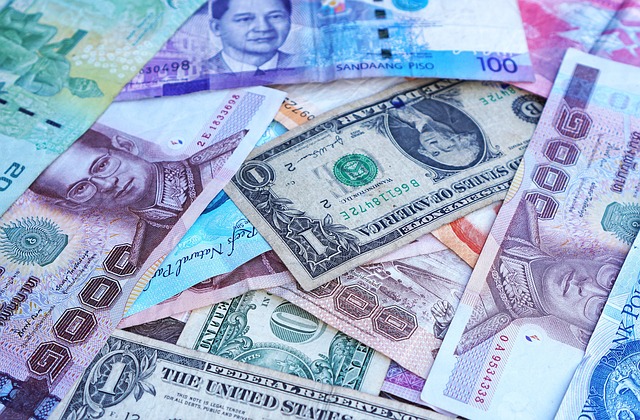How Money Transfer Services Work and What to Consider
Money transfer services move funds between people, businesses, and accounts, domestically or across borders. They range from bank-to-bank transfers and specialized remittance platforms to cash pickup networks and digital wallets. Understanding how fees, exchange rates, speed, identity checks, and regulatory controls interact can help you choose a service that fits your needs and keeps funds secure during transit.

What is money transfer and how does it operate
A money transfer is the electronic or physical movement of funds from a sender to a recipient. Typical steps include initiation by the sender, identity verification, routing through payment networks or correspondent banks, and settlement to the recipient’s account or cash outlet. Services use different networks and intermediaries—banks, payment processors, or proprietary rails—which affect cost and timing. Knowing whether a provider uses real-time rails or batch processing helps set expectations for how long a transfer will take and what proof of payment is available.
How do international transfers differ from domestic ones
International transfers add layers like currency conversion, cross-border regulatory checks, and correspondent banking links. Transfers may use SWIFT, local clearing systems, or specialized fintech rails. International transfers often require sender and recipient details including IBAN, SWIFT/BIC, or local clearing codes. These transfers can take longer and incur additional charges related to exchange margins and intermediary fees. For many users, choosing a provider that discloses all charges and offers competitive exchange rates reduces surprise deductions on the recipient side.
What finance regulations affect money transfer services
Finance regulations aim to prevent fraud, money laundering, and financing of illicit activities; they shape how providers operate. Know-your-customer (KYC) and anti-money-laundering (AML) rules require identity verification and sometimes source-of-funds checks. Providers must also follow cross-border rules and sanctions lists, which can delay or block transfers. Consumer protection and licensing vary by jurisdiction, so regulated providers generally present clearer dispute-resolution paths and are more likely to hold customer funds segregated from operating capital.
How currency conversion influences sender and recipient outcomes
Currency conversion determines how much the recipient receives in their local currency. Providers may charge a visible conversion fee or apply a margin on the mid-market exchange rate. Even small disparities in exchange rates can significantly affect larger transfers. Some services let users lock in a rate at initiation, while others apply the rate at settlement. If you regularly send or receive funds in different currencies, comparing effective exchange rates and checking whether the provider offers rate alerts or batch conversion tools can improve predictability.
How do banking channels and alternative providers compare
Banking channels often provide convenience and integrated account services but can be slower and include hidden intermediary fees for cross-border transfers. Alternative providers—specialist remittance services and fintech apps—may offer faster transfers, lower margins on currency conversion, and transparent fee structures. However, coverage, payout options, and regulatory protections differ by provider and country. For business payments, look for services that support bulk payments, reconciliation tools, and robust API integrations; for individual remittances, consider cash pickup networks and mobile wallet options in your recipient’s area.
For practical decision-making, here are commonly used providers and a brief snapshot of what they offer.
| Provider Name | Services Offered | Key Features/Benefits |
|---|---|---|
| Wise (formerly TransferWise) | Bank transfers, borderless accounts, multi-currency wallets | Transparent fees, mid-market exchange rate, multi-currency balances |
| Western Union | Cash pickup, bank transfers, mobile wallet payouts | Wide global agent network, cash collection options, in-person locations |
| MoneyGram | Cash pickup, bank transfers, retail agent locations | Large agent footprint, quick cash payouts in many corridors |
| PayPal / Xoom | Digital transfers, bank deposits, cash pickup | Integrated with PayPal ecosystem, convenient for online senders |
| Remitly | Bank deposits, cash pickup, mobile wallet | Corridor-specific delivery speeds, user-friendly app experience |
Conclusion
Choosing a money transfer service involves balancing speed, cost, transparency, and the recipient’s preferred payout method. Review how each provider handles identity verification, exchange rates, and intermediary fees, and confirm regulatory status in your jurisdiction. Comparing services by their delivery options and rate disclosures helps reduce unexpected costs and ensures funds arrive securely.






